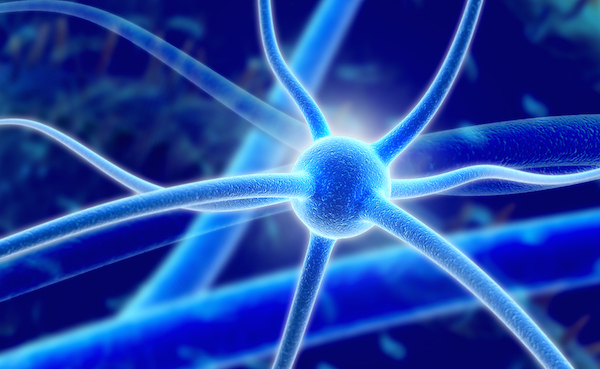
FRIDAY, Dec. 2 (HealthDay News) — Police officers who have to draw or fire their gun or use other weapons often report feeling powerless, guilty, angry and fearful afterward, Canadian researchers report.
But despite being at greater risk for experiencing such traumatic events, police officers are no more likely to suffer from post-traumatic stress disorder (PTSD) than the general population, according to a new Canadian study published by the Occupational Health & Safety Research Institute Robert-Sauve.
In the study, researchers evaluated 83 police officers in Montreal and elsewhere who had experienced a traumatic event, such as having to draw or fire their guns or use another type of weapon.
About 80 percent reported feeling powerless, while 59 percent experienced intense fear. More than half were angry, 17 percent were guilty and 2 percent said they felt shame over the event.
The study revealed that police officers have found different ways to cope with work-related traumatic events, such as getting support from their peers and taking part in leisure activities.
“The police offers involved in this study even advise their colleagues who experience this kind of event to consult a psychologist and are themselves open to the idea of receiving psychological support if need be,” said the study’s co-author, Melissa Martin, a psychologist at the Trauma Study Center at Louis-H. Lafontaine Hospital, in a news release.
Researchers also said that symptoms of PTSD among police officers, such as depression and dissociative reactions, can be prevented by incorporating coping strategies into officer training programs.
“Providing police officers with interventional support shortly after and in the weeks following a TE [traumatic events] improves the chances of preventing PTSD,” said study lead author Andre Marchand, a researcher at the Fernand-Seguin Research Center of Louis-H. Lafontaine Hospital and an associate professor at Montreal University, in a university news release.
More information
The U.S. National Institutes of Health provides more information on post-traumatic stress disorder.

